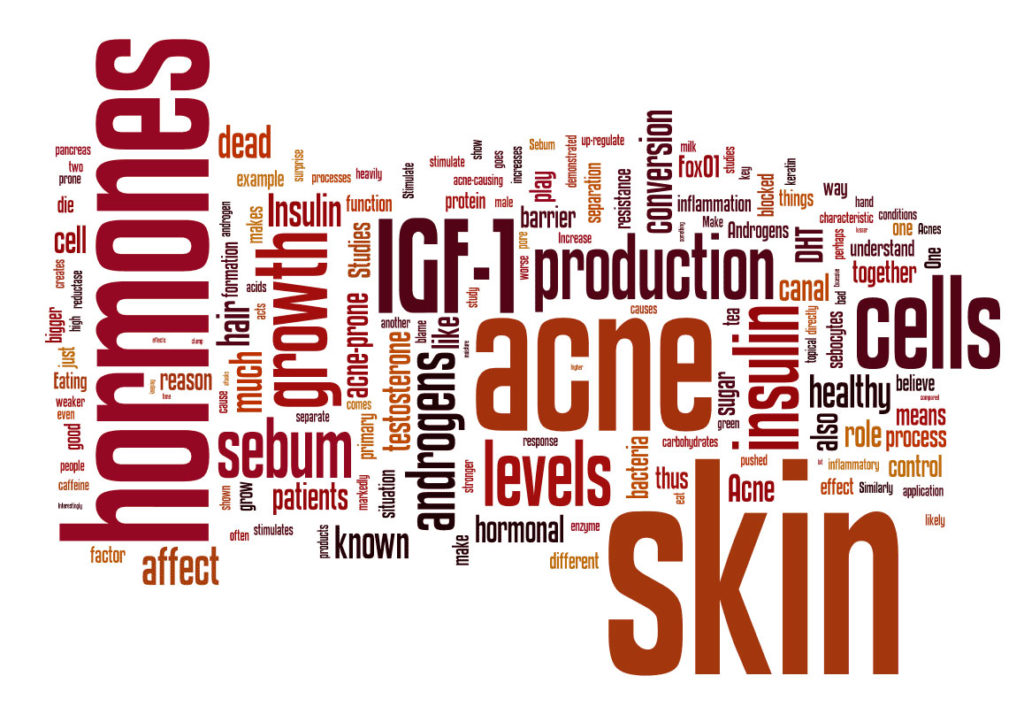Get ready to learn why phosphatidylcholine is a true superhero when it comes to supporting the health and well-being of people on the spectrum! This amazing nutrient is essential for a wide range of bodily functions, from maintaining healthy cell membranes to supporting healthy brain function.
So, what exactly is phosphatidylcholine? It’s a type of phospholipid that’s found in high concentrations in many different parts of the body, including the brain, liver, and lungs. It plays a crucial role in cell signalling, membrane fluidity, and the transport of fats and other molecules across cell membranes.
For people on the autism spectrum, phosphatidylcholine is particularly important for supporting healthy brain function. Research has shown that individuals with autism often have lower levels of phosphatidylcholine in their brain tissue, which may contribute to a range of cognitive and behavioural symptoms.
Fortunately, there are several ways to boost your intake of this important nutrient. One easy option is to incorporate more choline-rich foods into your diet, such as eggs, liver, and soybeans. You can also take a phosphatidylcholine supplement to ensure you’re getting enough of this essential nutrient daily.
So what are some of the benefits of getting enough phosphatidylcholine in your diet? For starters, it can help support healthy brain function, including memory, learning, and attention. It may also help reduce inflammation in the body, improve liver function, and support healthy cholesterol levels.
Overall, if you’re on the spectrum, it’s important to make sure you’re getting enough phosphatidylcholine in your diet. By doing so, you can support your brain and body in a multitude of ways and potentially even reduce some of the symptoms associated with autism. So why not give it a try and see how you feel? Your body (and brain!) will thank you.
- Phosphatidylcholine: A Superior Protectant against Dementia and Alzheimer’s Disease” by Shaw et al. (2009) – This study explores the role of phosphatidylcholine in brain health and its potential as a protective agent against neurodegenerative diseases.
- The Role of Phosphatidylcholine and Choline Deficiency in Nonalcoholic Fatty Liver Disease” by Corbin et al. (2012) – This article discusses the relationship between phosphatidylcholine and liver health, specifically in the context of nonalcoholic fatty liver disease.
- Relationships between Choline and Phosphatidylcholine and Cognitive Performance” by Zeisel et al. (2006) – This study investigates the link between choline and phosphatidylcholine and cognitive performance, including memory and attention.
- Choline and Phosphatidylcholine Interplay in Brain Structure and Function” by Zeisel et al. (2016) – This article provides an overview of the interplay between choline and phosphatidylcholine in brain structure and function, with a focus on their potential roles in neurological disorders.
- Phosphatidylcholine Supplementation in Treatment of Autism Spectrum Disorder” by Deth et al. (2017) – This study explores the potential of phosphatidylcholine supplementation as a treatment option for individuals with autism spectrum disorder.



